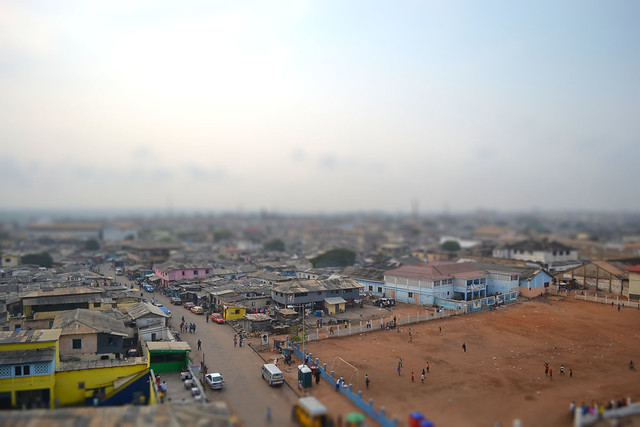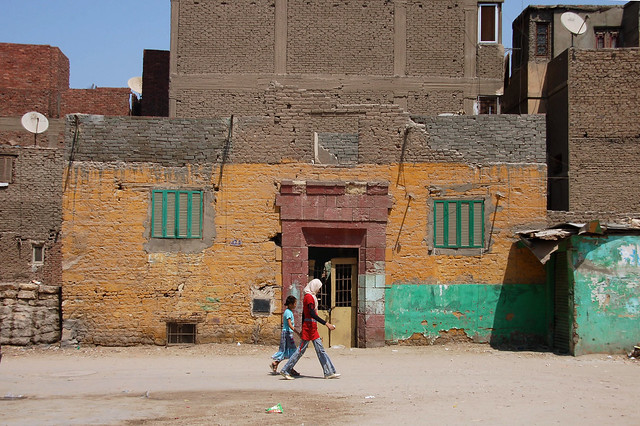Though urban sprawl is often discussed without a specific definition, the term generally, connotes development patterns that are undesirable. In developed countries, this phenomenon of urban sprawl has a significant attention with regard to how it is described as well as its impacts. However, the nature of this phenomenon in developing countries still requires attention and traction in literature. Therefore, this study sought to highlight some of the characteristics of urban sprawl from the perspective of a developing country by juxtaposing the Ghanaian and the U.S. versions of urban sprawl as way of also stimulating further discussions in this direction. The study found out that though there are similarities in the causes and impacts of urban sprawl in both Ghana and the U.S., the socio-economic conditions as well as cultural systems in both countries play significant roles in the evolution and perception of the phenomenon in both countries.

More about urban and suburban sprawl:
